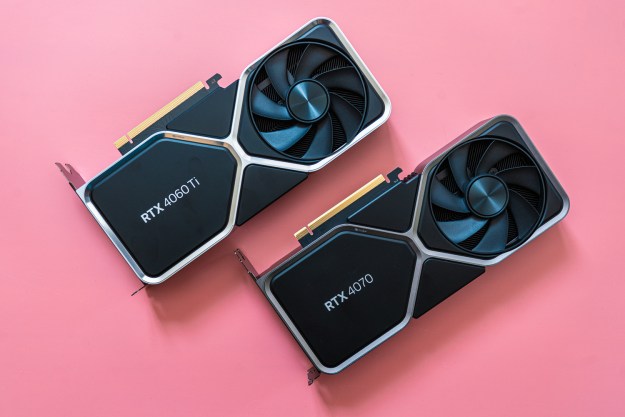
Amazon has reportedly been adjusting its search system so that products that are more profitable for the company appear higher in search results than those that it receives a smaller profit from.
The Wall Street Journal spoke to people who claimed they worked on optimizing Amazon’s secret algorithm so that search results displayed items that boosted profitability for the company over the most-relevant or best-selling product for a particular search term.
Amazon sales can often make or break a product, so the adjustment could have dramatically hurt businesses that had no way of beating the algorithm’s suggestions.
In an emailed statement to the WSJ, Amazon denied the claims, stating that it had not tweaked its algorithm to rank search results based on profitability; however, it declined to discuss the inner workings of the algorithm. An Amazon spokesperson told Digital Trends that the company has not changed its search algorithm to boost more profitable products.
“We feature the products customers will want, regardless of whether they are our own brands or products offered by our selling partners,” the spokesperson said in a statement. “As any store would do, we consider the profitability of the products we list and feature on the site, but it is just one metric and not in any way a key driver of what we show customers.”
The people who claimed to work on the project said that they do not know how much the algorithm impacts Amazon’s sales. However, Amazon’s private-label brand, known as AmazonBasics, asked to have improved listings in the search algorithm.
The news comes as some lawmakers are looking at rethinking antitrust laws specifically with technology companies in mind.
In July the Justice Department announced that it was opening a broad antitrust review into Facebook, Google, Amazon, and Apple regarding Big Tech’s dominance in internet search, social media, and retail.
As part of that investigation, the government said it planned to look into “whether and how market-leading online platforms have achieved market power and are engaging in practices that have reduced competition, stifled innovation, or otherwise harmed consumers.”
The news about Amazon comes just a week after a similar story regarding Apple’s App Store surfaced.
According to The New York Times, Apple favored its own apps in search over those made by third parties, a move that potentially led to download numbers for Apple-owned apps growing considerably higher than those made by other companies. In some cases, search terms would show as many as 14 Apple apps before showing one made by anyone else, with the exception of apps that had paid Apple for advertising.
Apple acknowledged the issue and said that it has tweaked its algorithm so that fewer Apple apps appear as top search results within the store
Editors' Recommendations
- Uber might shut down its app in California over how employees are classified
- Ring and Amazon slammed with a federal lawsuit over failed camera security
- Amazon encourages its workers to quit and start their own delivery companies



